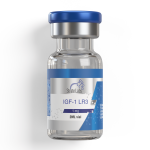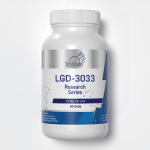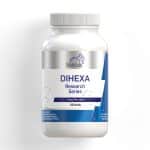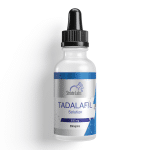Unlocking the Potential of Adipotide: The Revolutionary Fat-Targeting Peptide
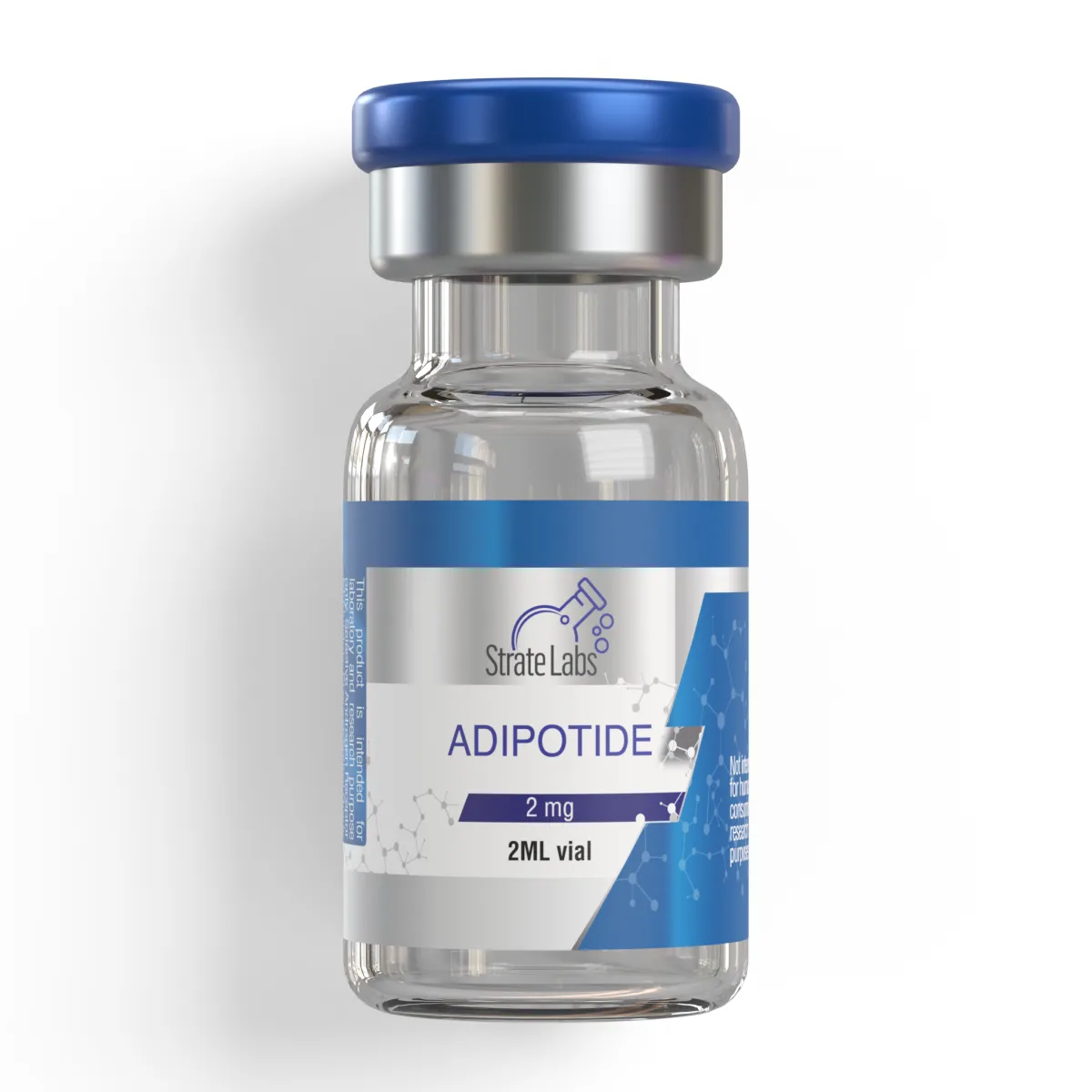
Adipotide is an innovative peptide that has garnered significant attention in the medical and scientific communities for its potential to revolutionize fat loss treatments. Designed to selectively target and destroy fat cells, this offers a promising pathway for addressing obesity and other weight-related health challenges.
What is Adipotide?
Adipotide, also known as proapoptotic peptide, is an experimental compound developed to target and eliminate fat cells through a process called apoptosis. Unlike traditional weight-loss methods, which focus on calorie restriction or exercise, adipotide directly impacts the blood supply to fat tissue, effectively “starving” fat cells until they shrink or die.
Adipotide in Animal Trials: Promising Results in Monkeys
One of the most groundbreaking studies involved obese rhesus monkeys, demonstrating its effectiveness in reducing fat and improving metabolic health.
Key findings from the monkey trials include:
- Monkeys treated with adipotide lost an average of 11% of their body weight within just a few weeks.
- Fat loss was concentrated around the abdomen, an area linked to various metabolic conditions.
- Insulin sensitivity improved significantly, indicating potential for addressing metabolic disorders like diabetes.
These findings highlight adipotide’s ability to provide rapid and targeted fat reduction, setting it apart from traditional methods.
Adipotide in Human Research
Adipotide has also been evaluated in human studies, exploring its potential applications in fat loss and metabolic health. Researchers aimed to determine the ideal dosing and its ability to reduce fat effectively. Preliminary findings align with animal studies, showing its ability to target fat deposits directly while improving markers of health.
Adipotide vs. Traditional Weight-Loss Treatments
1. Diet and Exercise
While diet and exercise remain the cornerstone of weight management, these methods require significant commitment and may not address stubborn fat deposits. It provides a more localized and potentially faster solution, directly targeting fat cells for removal.
2. Surgical Procedures
Treatments like liposuction and bariatric surgery, while effective, are invasive and come with risks and high costs. It represents a non-invasive alternative, making it an attractive potential option for those seeking fat loss solutions without surgery.
3. Other Peptides
Unlike appetite suppressants or metabolism boosters, adipotide works directly on fat cells, offering a unique approach to weight management that complements other peptide-based treatments.

What is Adipotide Used For?
Adipotide is primarily explored for its ability to reduce body fat, especially in individuals with obesity-related conditions such as:
- Diabetes
- Cardiovascular issues
- Hypertension
In addition to fat loss, adipotide shows potential for improving insulin sensitivity, reducing inflammation, and enhancing overall metabolic health.
How to Take Adipotide
In research settings, adipotide is typically administered via subcutaneous injection, targeting fat cells directly. Future medical applications may refine its delivery methods, making it accessible under professional supervision.
The Future of Adipotide
Adipotide represents a paradigm shift in fat loss approach. By offering a direct and targeted method of eliminating fat cells, it opens up possibilities for addressing obesity and its associated health risks more effectively than ever before. As peptide-based therapies evolve, it could play a pivotal role in combating one of the most pressing health challenges of our time.
Explore Peptide-Based Innovations with Strate Labs
At Strate Labs, we’re looking to advancing peptide science to empower your health and fitness journey. Adipotide and other cutting-edge peptides are paving the way for breakthroughs in weight management and overall wellness. Stay informed about the latest developments by visiting our blog or consulting with our experts today!
